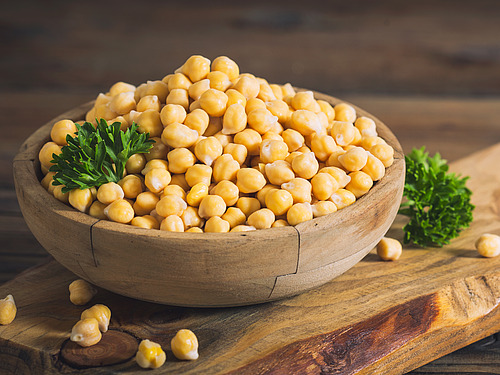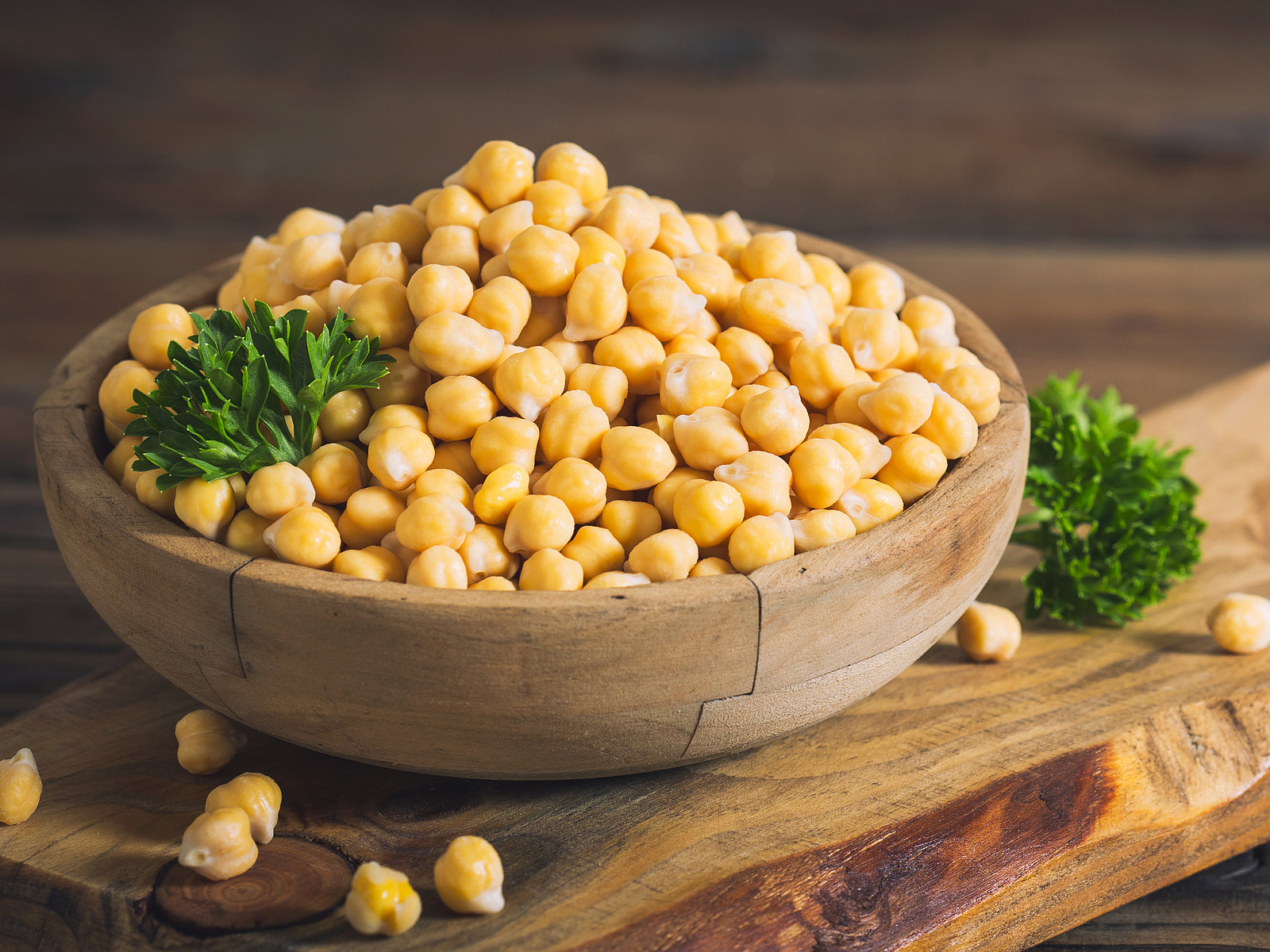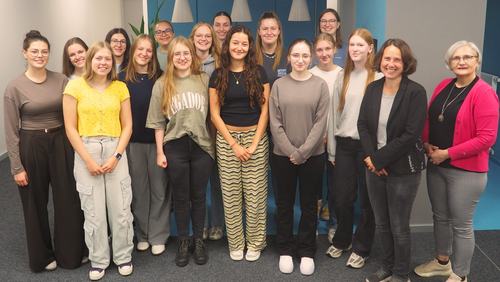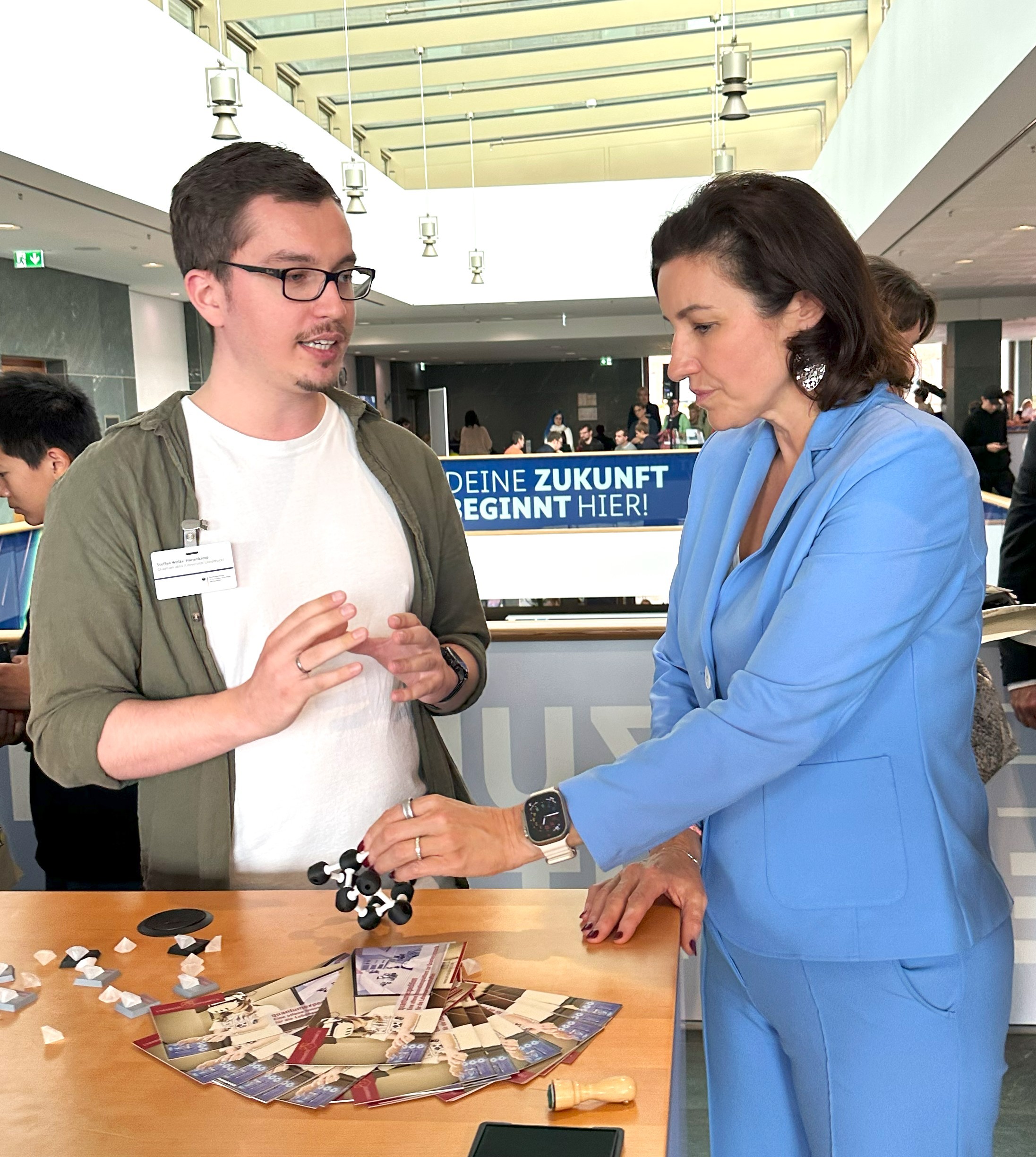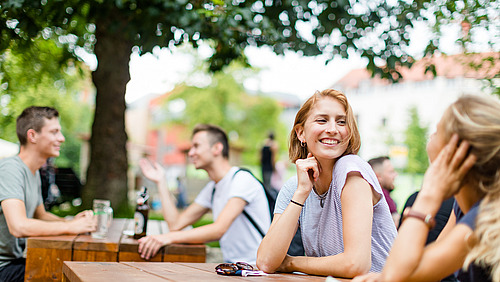The aim is to impart in-depth knowledge about sustainable nutrition and alternative protein sources in a clear and practical way.
To this end, the researchers are planning two Citizen Lab 2.0 events in the pedestrian zones of Osnabrück and Quakenbrück. The aim is to be playful - and tasty.
"We want to get into conversation with citizens through tastings and hands-on activities - outside of lecture halls and classrooms," says Prof. Dr. Marco Beeken from the School of Biology/Chemistry at Osnabrück University, who initiated the project together with Prof. Dr. Simone Lipinski and Dr. Lars Otte.
The events will focus on plant proteins, in particular the pea and its hidden potential - hence the title.
At various stations, passers-by can learn about the differences between animal and plant products in terms of taste and texture, for example, or take part in an amino acid puzzle. Experiments on foam formation with chickpea water (aquafaba) are designed to illustrate the technofunctional properties of plant proteins.
HIDDEN PEATENTIAL!" is financially supported by the Ministry of Science and Culture of Lower Saxony and the University of Göttingen. The transfer format is in line with the research and transfer network ZERN (Zukunft Ernährung Niedersachsen). ZERN was initiated by the University of Göttingen, the University of Veterinary Medicine Hannover Foundation and the German Institute of Food Technology in Quakenbrück - with the aim of supporting the transformation of the agricultural and food system in Lower Saxony.
Further information for editorial offices:
Prof. Dr. Marco Beeken, Osnabrück University
School of Biology/Chemistry
E-mail: marco.beeken@uos.de
